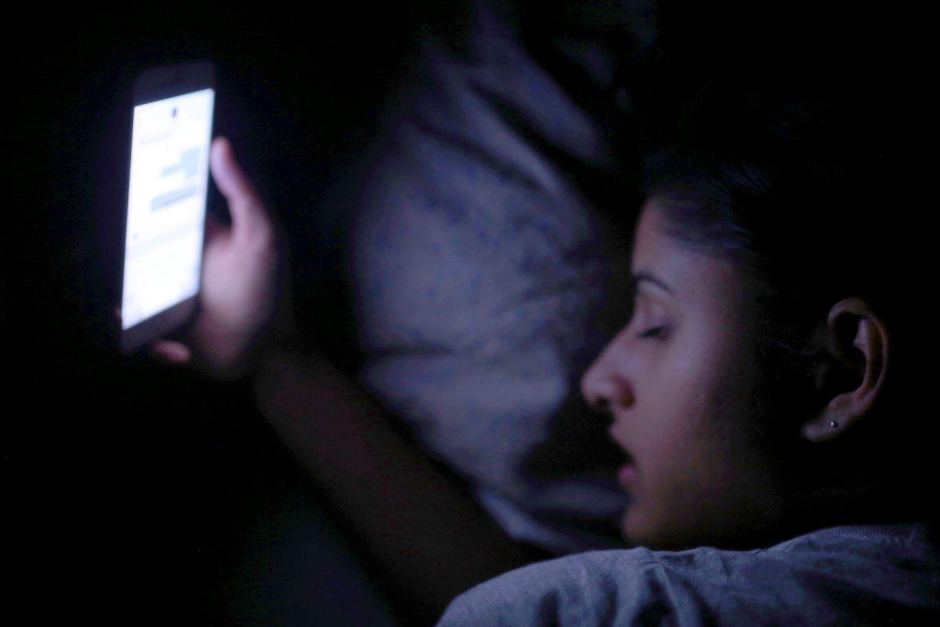Managing the use of our smartphones is not easy, especially when we use them for every single task during our day. But does this reduction of use cause more anxiety and lead to less productivity?
Smartphones are a means of constant information. Ever since they have integrated themselves into daily routine, it seems almost impossible to live without them. It has been estimated that around 72% of individuals in the US alone own a smartphone or similar devices. The global average is around 43%. However, what these numbers do not show is the negative impact that these devices are having on our lives. Due to the overuse of these smart devices, our posture, eyesight, and even hearing can be severely damaged. The relationship that we tend to have with our mobile phones affect our mental well-being the most, especially the times when we choose to reduce their use. Why does this act of self-preservation do more harm than good?
Modern Life and Smartphones
The maladaptive use of our phones has led to overwhelmingly alarming results. Modern life is stressful enough with numerous financial, social and professional issues surrounding us. In addition to this, we are plugged into our smart devices 24/7 and have constant contact with the world. It is almost as if we cannot switch off our phones and so our brains do no switch off either. Chloe Brotheridge, an anxiety expert, has explained that constantly checking our phones is an addictive habit. She says, “We get hooked on the rush of dopamine we get with each new ‘hit’ of information that an email or news story gives us. Being glued to our phones means we never truly relax.”
Sadly this is the case for most of our lives where we cannot recall the last time we read a map or spent a day without checking social media. This has caused a number of anxious habits to develop, especially in younger people. They experience significant stress and even go through heartbeat palpitations that mirror patients of PTSD, specifically when they are away from their device. It has become a bit tricky to analyze whether this is entirely the fault of smartphones, or some other factors are at play.
Why Smartphone Use Is Not Inherently Bad
Excessive phone use does have its side effects, but it appears that anxiety is not directly related to misuse. In fact, it has been noted that more anxious thoughts are caused when people are away from their phones. This can exacerbate existing depression and anxiety and make normal functioning even harder.
Here are some reasons why you are more anxious when you decrease the use of your device:
1. Constant FOMO
A study conducted in 2016 showcased that the fear of missing out was closely related with anxious thoughts and depression. Problematic smartphone use was considered to be a leading factor, but the actuality was that when people were away from their devices they felt much worse. People who were not checking social media or keeping in touch with their friends were scared that they were missing out on major life events, which caused more anxiety.
2. Lack of a Coping Mechanism
Addiction comes with a negative feedback look. While it is true that being addicted to anything is a bad factor and needs to be taken care of, sometimes you have to look at the root of the problem. In 2015 a survey was conducted which found that people who already have some sort of mental illness used their phone as a means of coping with negative thoughts. This is initially used as a distraction and can help people in dealing with their negative emotions, rather than causing them to feel worse.
3. Not Enough Correlation
Two important facts have been made known to the public recently. The studies that have been conducted have found that the moderate effects of using a smartphone do not cause severe anxiety. The correlation between them means that there is no clear ground on which we can blame smartphones for bad mental health. Maybe depressed people use their phones more often so they can avoid negative thoughts or anxious individuals avoid social interactions by immersing themselves in their devices.
A Symptom, Not a Cause
It may seem that someone who experiences a lot of stress and anxiety is using their phone as a crutch. While this is true in a sense, it does not mean that smartphones are the cause of anxious thoughts and feelings. Even if there is greater smartphone use in a mentally ill person, it is a symptom of their disorder and not the driving force behind it. As the causation effect is unknown for now, the unfair blame being placed on phones and other devices for declining mental health stats needs to be stopped. While individuals with higher anxiety use their devices more intensively, it does not lead to the detriment of the 5 billion people who use mobile phones worldwide.
Conclusion
Most people are able to manage their behavior when using their phones, but this is not true for everyone. Even though it is a good practice to spend less time on your device, it does not mean that you have to make yourself more anxious by shutting off the outside world.


